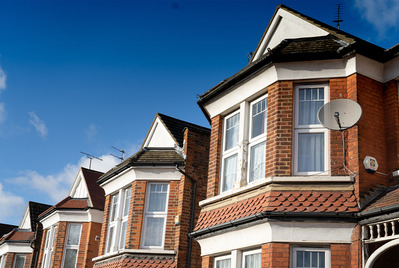
There are lots of different costs associated with being a landlord. And whether it’s a periodical/one-off expense or a regular monthly outgoing, you need to:
- Know what your costs are going to be, so you can budget properly
- Track and review them over time to make sure you’re always getting value for money
How much you pay for certain things will depend on where in the UK you’re investing, mainly because labour charges tend to be higher in more expensive areas and lower in cheaper ones. But here’s a guide on how much some of your key costs should be:
Health & Safety checks – legally required
These are the key checks required on a regular basis:
- Gas Safety check: this must be done annually by a Gas Safe registered engineer and should cost somewhere between £60 and £90. If you find a company charging less than that, be careful because there could be ‘hidden extras’ once they get to the property.
- Electrical system check: different rules apply in different countries, but in England from April 1st, every 5 years you must have all the fixed electrical installations checked and get a written Electrical Installation Condition Report for all tenancies. For an average 3-bedroomed house, it should cost around £200, but the price tends to depend on the number of circuits. Electricians usually give a discount for multiple reports so, if you’ve got more than one property, it’s probably worth having them all checked at the same time
- Energy Performance Certificate: these need to be renewed every 10 years and should cost between £70 and £100, depending on the size of the property.
Heating
Boilers last 10-15 years on average. So, if you’re planning to invest for the long term, you’ll probably have to buy one, possibly two per property in your time as a landlord.
According to Checkatrade, the average costs for supply and installation are:
- Combi boiler: £2,400 + VAT
- System boiler, with a hot water tank in an airing cupboard: £2,600-£2,800 + VAT
- Conventional boiler, with both hot water and cold water tanks: £2,000 + VAT
General maintenance
This is one of your biggest cost areas and the hardest to predict, but you’re legally obliged to keep the property in a good state of repair so it’s important to make sure you’ve always got money in the kitty.
A good basic guide is to set aside around 1% of the property’s value each year to cover the cost of works: e.g. if your property’s worth £250,000, budget for an average of around £200 a month over time. Obviously, if your property is new or refurbished, the amount of ongoing maintenance and repairs required should be fairly low compared to an older rental, but you never know when something’s going to break!
Professional cleaning between lets
It’s important that new tenants move into a property that’s as fresh as possible, so make sure you budget for a ‘deep clean’ between tenancies. The average price is around £300, with studios and 1-beds starting at around £200. If you have a four or five-bedroomed property, be prepared to pay up to £500.
In all cases, whenever you’re engaging a contractor, make sure you get a quote in advance, including VAT, and try to agree a fixed price.
Are you achieving the best rent? Book a lettings valuation and find out
The Your Move Content Marketing Team



